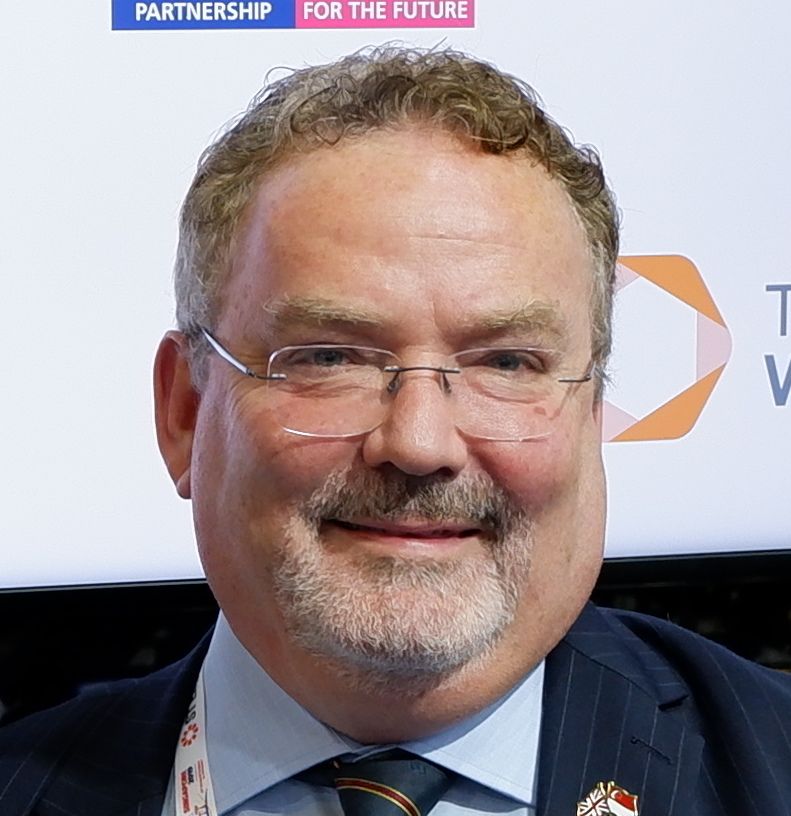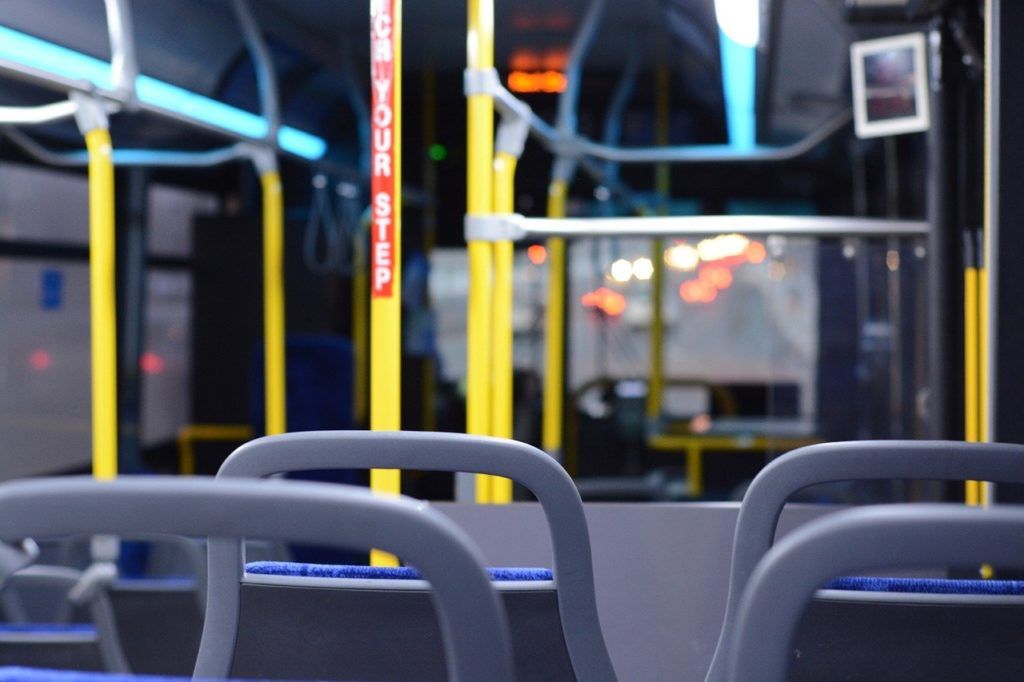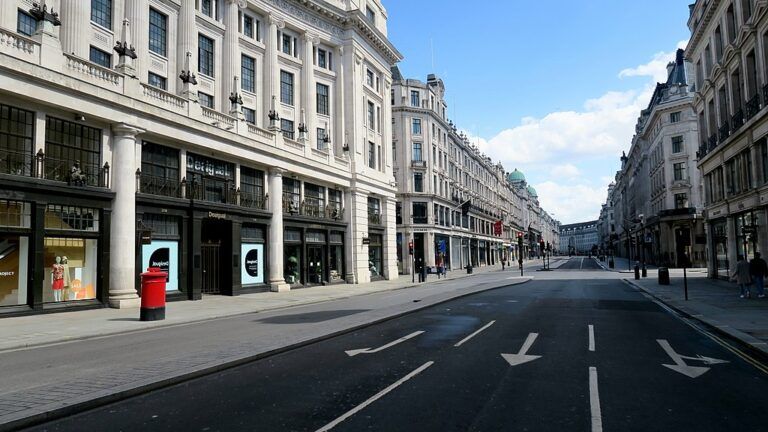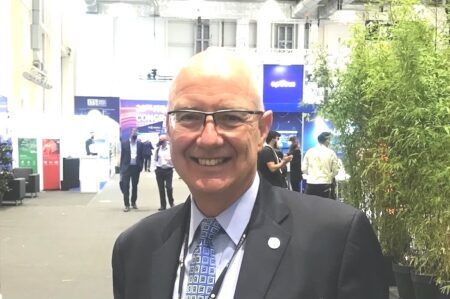 The Department for Transport’s chief scientific adviser Professor Phil Blythe has set out his vision for the UK’s post-coronavirus transportation system, which he sees being defined by more local travel and less long-distance commuting.
The Department for Transport’s chief scientific adviser Professor Phil Blythe has set out his vision for the UK’s post-coronavirus transportation system, which he sees being defined by more local travel and less long-distance commuting.
Speaking exclusively to the TTI Podcast, Prof. Blythe talks about continuing the good practice that has developed over the past 12 months with many people working from home, which has taken pressure off over-stretched networks and also placed greater emphasis on sustainable modes of transportation, as evidenced by the boom in micromobility.
“The Covid crisis has shown that we can think a little bit more out of the box,” says Prof. Blythe. “The fact that people have been able to function working from home with video conferencing, and the fact that many cities have repurposed road space for walking, cycling and micromobility, to give people more space, is great. And I think there are opportunities to try and lock in some of that good practice.
“I think there’s a lot of work to do in making it possible for people to travel less. So maybe annual rail passes that only enable you to travel two or three days a week, which would lock in the good practice of working from home. That’s going to have implications on things like office space in cities, but it also possibly has positive implications in that people might stay more around where they live and spend more of their money locally, rather than spending in city centres. That might benefit the local economy, although, at the same time, maybe have some dis benefit for the big city economies. There’s a lot of tough decisions for the politicians to make.”
Another big challenge in rebuilding transport systems post-Covid all around the world will be getting people back into public transport. Blythe also addresses this issue in the interview.
“Perhaps we need to redesign public transport – redesign buses – to make people feel they’re safe again,” he says. “But also we can promote them by pointing to the purpose they have as a big part of the decarbonisation agenda for our cities and regions
“But I think it’s going to take some time. Every time we’ve had a lockdown one of the message has been to use public transport less. I think the measures that the public transport companies and stakeholders have put in place during the pandemic have been brilliant. But obviously, it has a massive impact on both people’s perception of public transport and the number of people using it. So it is going to take time to get it back.”

Blythe thinks part of the solution might be in harnessing the great power that data has to inform travellers and build their confidence in using services. “We can inform people about how busy services are and when the next one’s coming,” he says. “And really just try and try and bring public transport back in some sort of rebirth that says, this is the centre of the transport universe for cities. Cars have a role to play, and other things have a role to play – but let’s make sure public transport has a key role to play.
“And if we see a lot of people working from home or working locally, rather than in the centre of cities, that peak demand for travel may be reduced. So you can deliver a better quality public transport without actually having to put more more additional services. Economically, that might be poor, because it means that you’re not raising as much revenue from public transport. But I think the reality going forward, it that we may have to look at those sorts of models.”
To hear more of the interview with Professor Phil Blythe, who also talks about the future for decarbonization, automation and Mobility as a Service, don’t miss Episode 10 of the TTI Podcast.





